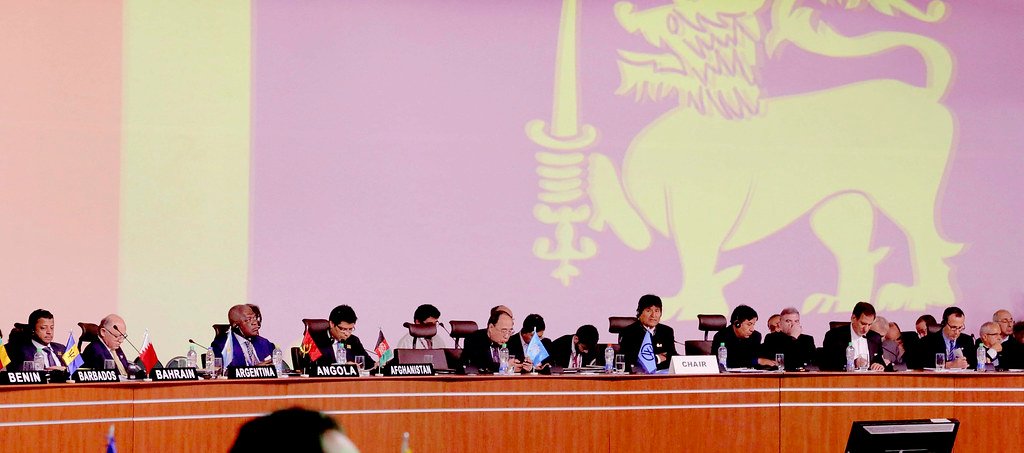The G77+China Summit Begins in Havana: An In-depth Look
Havana, the vibrant capital of Cuba, witnessed the commencement of a significant international conference on Friday: The Group of 77 plus China (G77+China) Summit. This gathering of leaders and representatives from 134 developing nations, including China, exemplifies the united stance of the Global South in the evolving landscape of world politics and economics. Let’s delve deeper into the history, significance, and potential implications of this pivotal event.
A Brief Historical Overview of the G77+China
Established in 1964, the Group of 77 was founded on the premise of unity among developing nations. The aim was to facilitate their collective voice on the global stage, especially concerning economic policies. It originated with 77 member countries, but over the decades, its membership swelled to its current roster of 134 nations. China, though not a formal member, has closely aligned its interests and supported the group’s objectives, thus giving rise to the extended title: G77+China.
Havana as the Choice of Venue
The decision to host the summit in Havana is symbolic in several respects. As a nation that has long championed the cause of anti-imperialism and solidarity among developing countries, Cuba epitomizes the spirit of resistance against hegemony. Moreover, the country’s history of defying unilateral powers and pursuing its path of socialism offers a rich backdrop for a summit that seeks to reinforce the agency of the Global South in international decision-making.
The Changing Global Dynamics
Over the years, the geopolitical landscape has undergone significant shifts. The rise of China as an economic powerhouse, the redefinition of alliances, the pressing issue of climate change, and the need for sustainable development goals (SDGs) have dominated global discourses. Within this evolving scenario, the G77+China has attempted to negotiate its stance, ensuring that the interests of developing nations don’t get overshadowed by those of the major global players.
Key Agenda Points of the Summit
- Sustainable Development: With the 2030 deadline for the UN’s SDGs drawing near, the summit provides a platform for these countries to share their progress, challenges, and strategies. It’s an opportunity to highlight the unique problems faced by developing nations and lobby for more support in terms of technology transfer, financial assistance, and capacity building.
- Climate Change: Recognizing the disproportionate impact of climate change on developing nations, the summit seeks to foster collaborative strategies. From seeking technology for clean energy to demanding more significant contributions from historically high carbon-emitting countries, climate change will be high on the agenda.
- Economic Policies: The G77+China, at its core, is about collective bargaining power. The summit aims to address international trade imbalances, the effects of globalization, and the need for more equitable economic policies.
- Peace and Security: With many members of the G77+China being part of conflict zones or areas with political instability, there will be discussions around peace-building, conflict resolution, and strengthening regional security mechanisms.
China’s Role
China’s association with the G77 has evolved over the years. Initially an observer, China has gradually positioned itself as a major ally of the group. While its economic might is undeniable, China also offers the G77 an alternative to the West’s narrative. This summit further strengthens China’s position as a partner for developing countries, offering investments, technological support, and a voice against unilateralism.
The Challenges Ahead
While the G77+China has come a long way, challenges persist. Unity among such a diverse group of countries, each with its unique challenges and priorities, is not easy to maintain. Additionally, the changing nature of global politics, especially with the rise of multipolar centers of power, brings forth the need for the group to redefine its strategies continually.
Conclusion
The G77+China Summit in Havana is not just another international conference. It’s a testament to the changing dynamics of world politics, where developing nations seek to play a more pronounced role. As the summit unfolds, the world will be keenly watching the outcomes and the future trajectory of the Global South’s collective voice. Only time will tell how successful this gathering will be in influencing global decisions, but its significance in the current geopolitical context is undeniable.
Read More:
